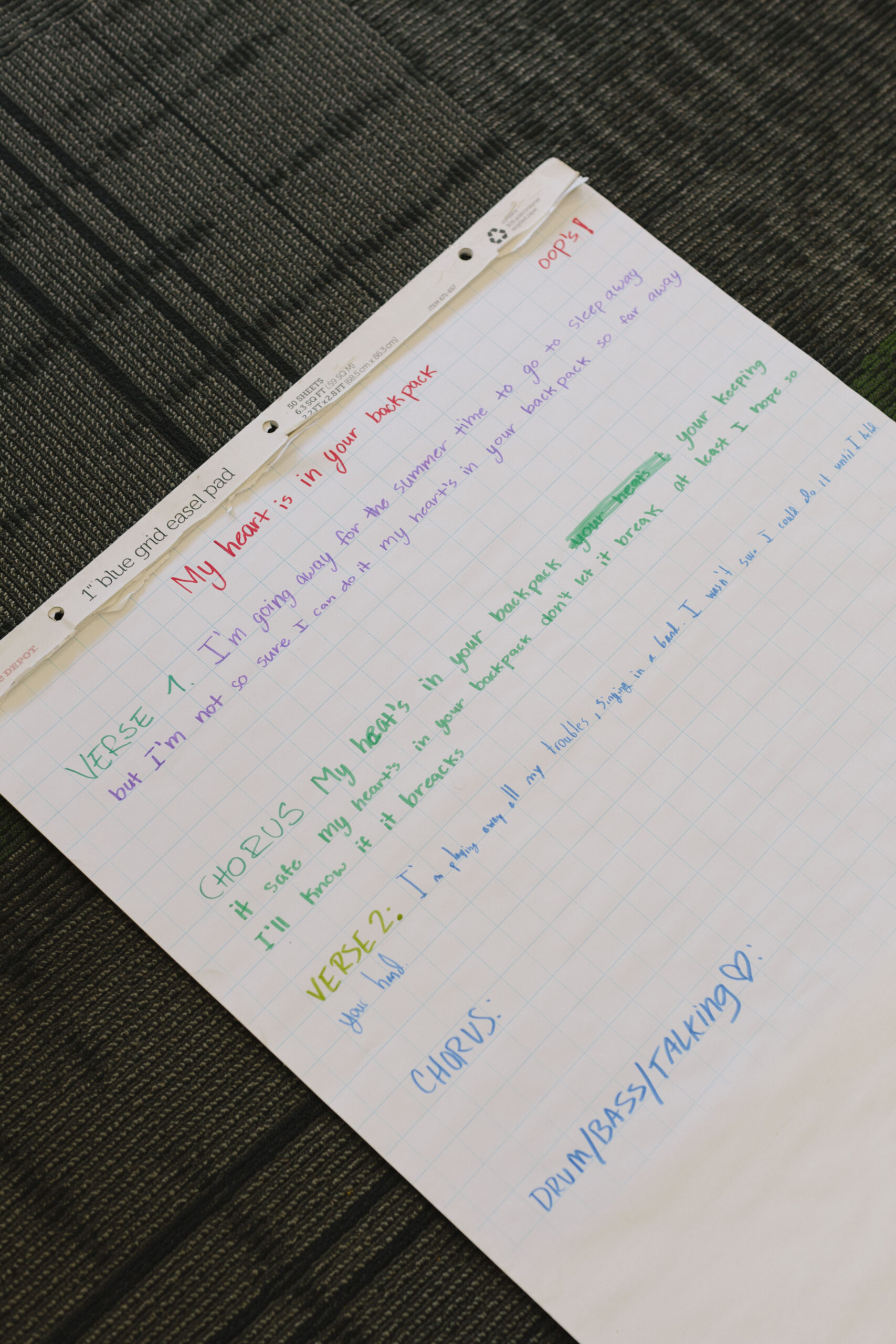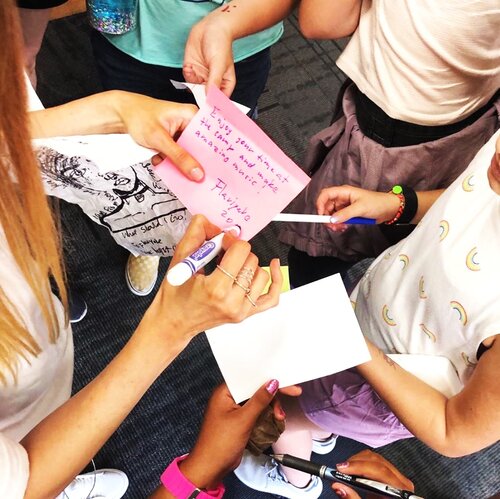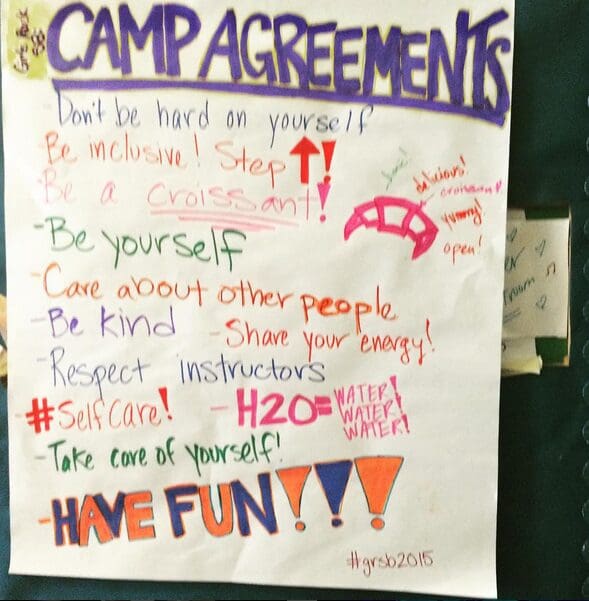
Supporting Your Daughter Through Middle School Drama
Middle school is wild. One day everything’s fine, the next your daughter is in tears over a group chat meltdown, a lunch table shift, or a friend who suddenly stopped talking to her. It’s emotional whiplash, and as a parent, it can be so hard to know when to step in, when to back off, and how to help without accidentally making things worse.
We hear this from parents all the time:
“I want to help her, but I feel like everything I say just makes her shut down.”
Here’s what we’ve learned from talking to hundreds of middle school girls, and helping parents build connection during some of the most intense social years of their daughters’ lives:
1. Don’t Minimize the Drama—Decode It
Yes, middle school drama can seem petty. But to your daughter? It’s huge. Friendships at this age are identity-building. Social conflict feels like survival. When you say, “You’ll laugh about this later,” or “She probably didn’t mean it,” it can make your daughter feel misunderstood.
Try this instead:
“That sounds really hard. Want to talk about it or just sit with it for a bit?”
Then let her lead.
2. Validate the Feeling, Even If the Story Is a Mess
You don’t have to agree with her version of events to validate her feelings. Drama is rarely black and white, but her emotions are real. When she feels safe expressing them, she’s more likely to find her own clarity—and your empathy builds trust for bigger conversations later.
3. Don’t Fix It—Coach Her
Instead of saying “You need to tell her…” or “I’ll talk to her mom,” shift into coach mode:
-
“What do you wish you had said?”
-
“What do you think would feel good to say next time?”
-
“Do you want advice or just someone to vent to?”
This helps her build emotional intelligence and communication skills—two tools she’ll need her whole life.
4. Normalize Changing Friendships
Middle school friendships are often transitional—and that’s normal. But when a friendship fades or blows up, it can feel like the end of the world. Remind her that outgrowing people is part of growing up. It doesn’t mean she’s doing anything wrong. It just means she’s learning what kind of friend she wants to be.
5. Encourage Healthy Anchors Outside the Drama
This is huge. Whether it’s music, sports, art, animals, or a place like Amplify—where girls are celebrated for who they are, not who they hang out with—help her find spaces where she doesn’t have to perform socially. These “safe zones” give her emotional room to breathe and remember who she is outside the noise.
6. Model What You Want Her to See
When you talk about your own boundaries, disappointments, or drama (yes, adults have it too), do it with the emotional maturity you hope she develops. Let her see you navigate conflict with grace and self-respect. She’s watching—more than she lets on.
The Bottom Line:
Middle school drama isn’t always avoidable—but it doesn’t have to define her. With your support, she can learn to hold boundaries, name her needs, and find friendships that actually feel good. And if she knows you’re in her corner—not just to solve everything, but to listen, believe her, and cheer her on—she’ll have the confidence to keep showing up as herself.
Need more tools for raising strong, emotionally resilient girls?
We’ve got you. Check out Amplify’s programs for middle schoolers who want connection, confidence, and creativity—without the drama.








